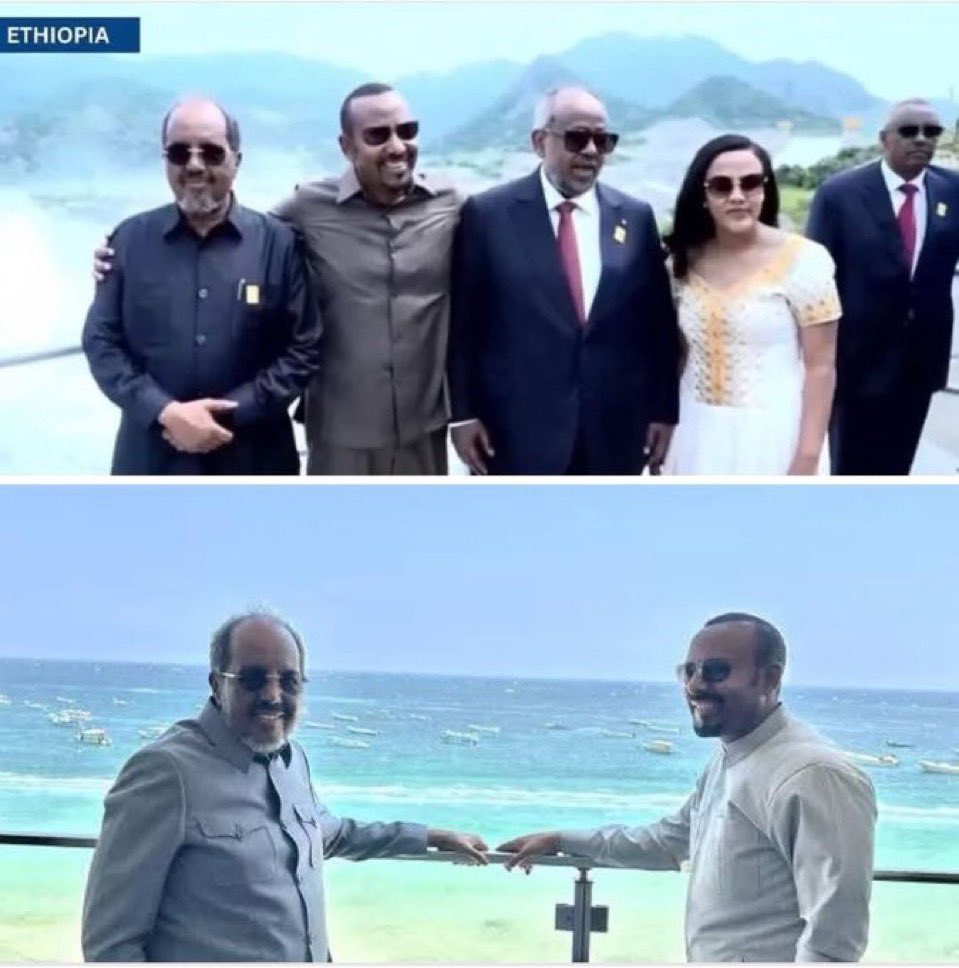1/3 🧵
“Diplomacy is the art of shaping realities through balance and presence.” – Kissinger (paraphrased)
At Ethiopia’s GERD inauguration, President Dr Hassan Sheikh made clear: Somalia will not watch from the sidelines, it will shape regional outcomes. ⚖️🌍 #Somalia #GERD #Ethiopia
“Diplomacy is the art of shaping realities through balance and presence.” – Kissinger (paraphrased)
At Ethiopia’s GERD inauguration, President Dr Hassan Sheikh made clear: Somalia will not watch from the sidelines, it will shape regional outcomes. ⚖️🌍 #Somalia #GERD #Ethiopia
2/3
International peace is not secured by lofty ideals, but through pragmatic diplomacy, power realities, and national interests.
Somalia recognises this. Its foreign policy is not charity ; it is strategy, grounded in sovereignty and leverage. 🧭 #Diplomacy
International peace is not secured by lofty ideals, but through pragmatic diplomacy, power realities, and national interests.
Somalia recognises this. Its foreign policy is not charity ; it is strategy, grounded in sovereignty and leverage. 🧭 #Diplomacy
3/3
By attending GERD’s opening, President Dr Hassan Sheikh asserted Somalia as a decisive actor in the Horn.
Engagement is strength. Dialogue is leverage. Somalia’s policy is clear: protect national interests while shaping stability on Somali terms. 🇸🇴 #Somalia #GERD
@TheVillaSomalia @HassanSMohamud
@aliade34120 @certifiedamk23 @k67340000 @GuureGeedi @AbdisalamAato @African_HornET
By attending GERD’s opening, President Dr Hassan Sheikh asserted Somalia as a decisive actor in the Horn.
Engagement is strength. Dialogue is leverage. Somalia’s policy is clear: protect national interests while shaping stability on Somali terms. 🇸🇴 #Somalia #GERD
@TheVillaSomalia @HassanSMohamud
@aliade34120 @certifiedamk23 @k67340000 @GuureGeedi @AbdisalamAato @African_HornET

• • •
Missing some Tweet in this thread? You can try to
force a refresh




